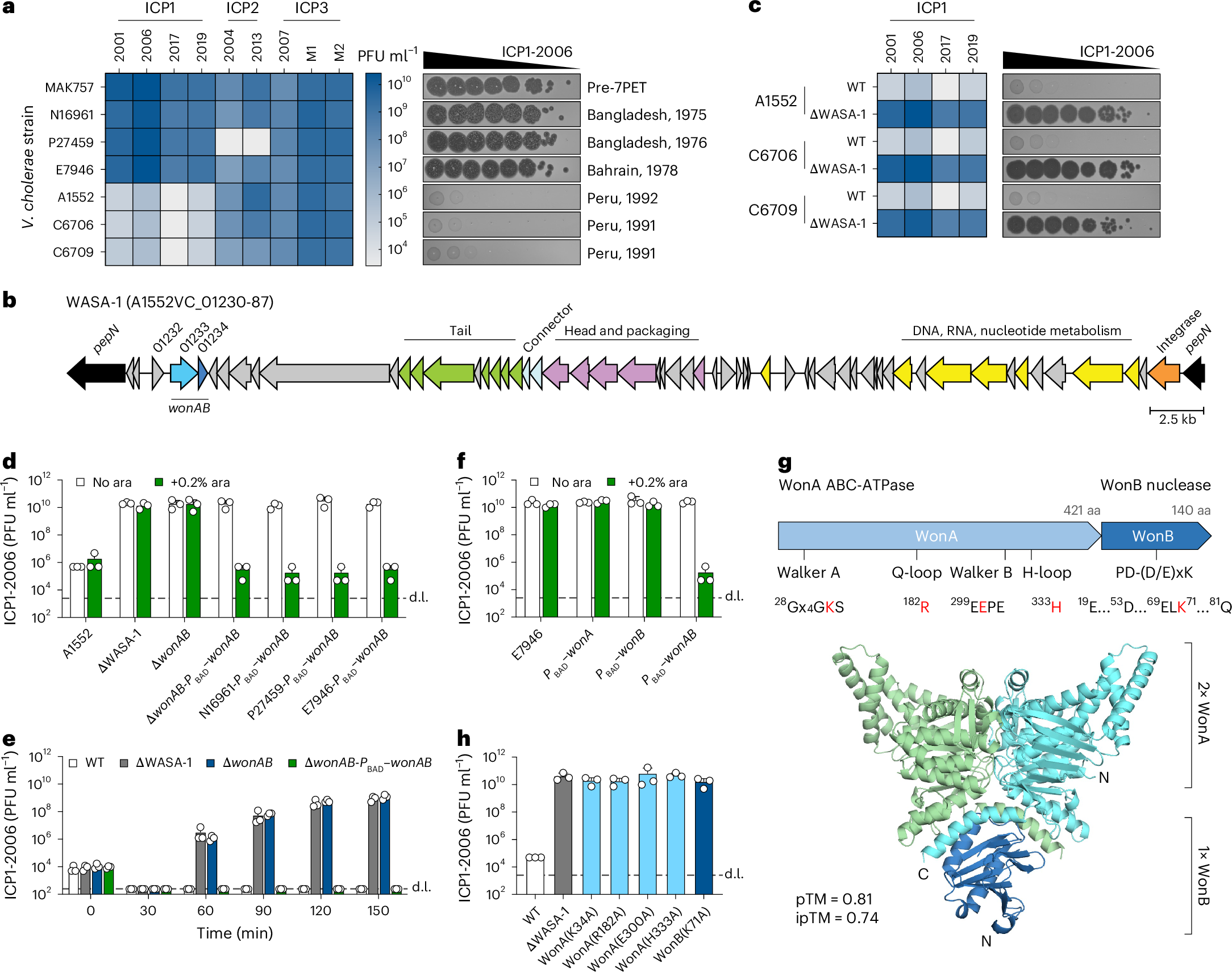2025-05-26 ゲーテ大学
<関連情報>
- https://aktuelles.uni-frankfurt.de/english/megalodon-the-broad-diet-of-the-megatooth-shark/
- https://www.sciencedirect.com/science/article/pii/S0012821X25001918
中新世の海洋脊椎動物の栄養生態学的研究から、メガトゥース・シャークが日和見的な超肉食動物であることが明らかになった Miocene marine vertebrate trophic ecology reveals megatooth sharks as opportunistic supercarnivores
Jeremy McCormack, Iris Feichtinger, Benjamin T. Fuller, Klervia Jaouen, Michael L. Griffiths, Nicolas Bourgon, Harry Maisch IV, Martin A. Becker, Jürgen Pollerspöck, Oliver Hampe, Gertrud E. Rössner, Alexandre Assemat, Wolfgang Müller, Kenshu Shimada
Earth and Planetary Science Letters Available online: 26 May 2025
DOI:https://doi.org/10.1016/j.epsl.2025.119392

Highlights
- Enamel(oid) zinc isotopes are used to reconstruct Miocene marine food web structures.
- δ66Zn values record resource partitioning among Upper Marine Molasse vertebrate taxa.
- The dietary ecology of Carcharodon hastalis was distinct from modern white sharks.
- Otodus chubutensis/megalodon had a similar trophic level as modern apex predators.
- Otodus spp. were flexible in their prey selection also on a population level.
Abstract
Trophic interactions play pivotal roles in marine vertebrate ecology and evolution. Yet, these parameters are especially difficult to determine in fossil communities. To elucidate past trophic palaeoecology, we apply the zinc isotope proxy in a comprehensive analysis of 19 taxa from an early Miocene marine ecosystem, including the megatooth sharks Otodus megalodon/chubutensis. We find substantial resource partitioning among these taxa, with at least three distinct trophic positions and a general increase in body size of taxa towards the top of the food web. The white shark (Carcharodon carcharias) ancestor Carcharodon hastalis had a distinctly different trophic ecology compared to modern C. carcharias, corresponding to the evolutionary gain of tooth serrations between the two species. A comparison among fossil assemblages indicates that megatooth Otodus sharks possessed a higher dietary flexibility on a population level than previously understood, suggesting that they were opportunistic supercarnivores capable of foraging throughout the food web.

